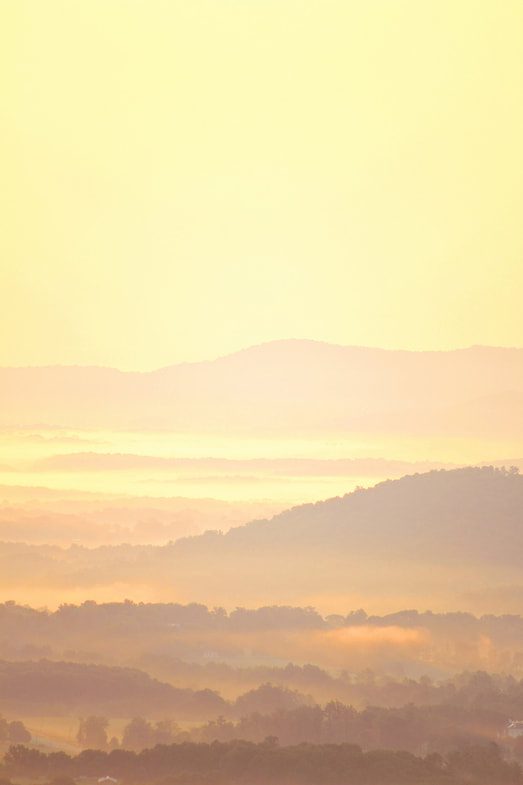Held in early spring for the past two years, this event is what I would describe as a “gathering time.” This is a Biblical Beatitude reference, in the sense that everyone who has attended for the past two years had, at some point, the seed of Creation Care values planted within them. This may have happened from faith-based teachings, when an ancestor took the time to teach the value of the natural world’s gifts, or childhood experiences that instilled these kind of values.
All attendees seemed to have a story of this kind of heritage, which led them to the gathering of this conference – held in beautiful Pipestem State Park. People came, despite lingering winter weather predictions, from almost all states in the Appalachian region, plus some outlying areas. Approximately 90 people attended the conference from all over West Virginia, Kentucky, Ohio, Virginia, Maryland, Pennsylvania, Tennessee, and further away places like the DC area. There was a spiritual energy in the room, which could preclude a revival; at least I hope so.
Members of the Friday afternoon keynote panel gave the following, quietly revolutionary statements (paraphrased from my notes):
“We [Christians] have the tools to show others that we are bound up in Creation…Creation can do quite well without us. Yet, God yearns for our companionship. People of faith can frame the relationship with Earth as not dominion over, but partnership/relationship with…and this framing can lead to governments protecting people over profits.” – Rev. Dr. Jennifer Copeland, North Carolina
“We need to get beyond the perceived divide between working class and the educated – or elite – class in Appalachia.” – Ms. Jessica Lilly, West Virginia
“We are now exiles in Babylon; memories of our glory days (e.g. memories of “Jerusalem” and/or fossil fuel boom times) prevent us from making our way out of the slavery (e.g. dependence on an oppressive mono-economic system, based on fossil fuel extraction) we are trapped in.” – Pastor Harold “Jake” Jacobson, Pennsylvania
The hope of this gathering is that all who were present will return to their communities to plant more seeds, increasing connections (or harvest) in future years. The social justice-minded folk who attended this conference have a lot to offer our Appalachian communities, most of which are dealing with economic transitions, drug abuse, poverty, and environmental justice issues.
The Poor People’s Campaign drew quite a bit of discussion, and a leader of that campaign, Rev. William Barber, spoke in Kentucky and West Virginia during the week after the conference.
Another discussion involved people who were highly concerned about the effects of unconventional oil and gas development (UOGD) in the Ohio River watershed. A working group to develop some means of community education and outreach to faith communities may soon be focusing on that topic, as our region seems to be ground zero for a new wave of fracking and petro-chemical infrastructure buildup.
There were also discussions centered on responses to the opioid epidemic, sustainable climate solutions, and constructing a uniquely Appalachian theology. As we gathered together in the context of 2018, we were also reminded of those who gathered before us in similar rooms for foundational gatherings of the Coalition on Religion in Appalachia (CORA) and the Appalachian Ministries Educational Resource Consortium (AMERC).
This year’s State of Appalachia Conference was a wonderful opportunity to network across state lines with people in similar yet unique communities across the region. It is possible that future years will bring state-specific gatherings of this type. It was a renewing and invigorating time for all; let’s hope that energy multiplies and spreads across our region like dandelion seeds in the springtime.

